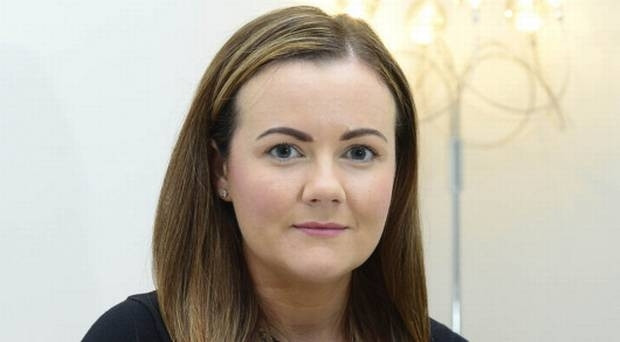Woman who fought to cut work hours due to mental health problems is awarded £12,000
Northern Irish car dealership Charles Hurst took 14 months to help employee Marie-Claire McLaughlin.

A woman has been awarded almost £12,000 after asking her employer to cut her working hours because of strains on her mental health.
Car dealership Charles Hurst failed to make reasonable adjustments for Marie-Claire McLaughlin, who worker as a customer service adviser at the firm, an industrial tribunal found.
McLaughlin, 31, had a history of panic attacks and depression and asked to reduce her hours, but this request took 14 months to grant.
The tribunal ruled this took too long and McLaughlin had been discriminated against under the Disability Act, awarding her £11,840.
It said the car dealership dealt with the matter as a flexible working request rather than a mental health issue.
The tribunal added the delay would have "inevitably compounded and exacerbated to a serious degree any pre-existing condition, and was a major cause of her mental health issues at the relevant time."
In an average week McLaughlin worked 47.8 hours, including Saturday mornings, and applied to reduce her hours to 40 a week. In her application, she made specific reference to her disability and the severe impact it was having on her and work colleagues.
McLaughlin said: "I had suffered previously from mental ill-health, and I believed a reduction in my hours would help me to cope better and enable me to improve my performance at work.
Adding to the pressure
"My employer didn't seem to grasp how serious an impact this was having on my life, inside and outside of work. I couldn't believe this was happening to me, the stress of the whole situation did not help my mental health, it just added to the pressure."
The Equality Commission for Northern Ireland chief commissioner Dr Michael Wardlow said: "There is a need for employers to be more pro-active in addressing issues around mental health. The Tribunal found that, on this occasion, the company concerned did not act promptly in putting a reasonable adjustment - a reduction in hours - in place for Ms McLaughlin and that this made her situation worse."
Charles Hurst said it fully accepted the ruling. It added: "Charles Hurst Group vehemently opposes all forms of unlawful or unfair discrimination and notes that the tribunal acknowledged that the company did not discriminate against Ms McLaughlin on the grounds of her disability.
"The tribunal also ruled, unanimously, that neither did the company victimise nor harass the claimant. We fully accept, however, the tribunal's one ruling that the length of time which was taken to implement a reduction in working hours was too long and we deeply regret any distress this caused."
© Copyright IBTimes 2025. All rights reserved.





















